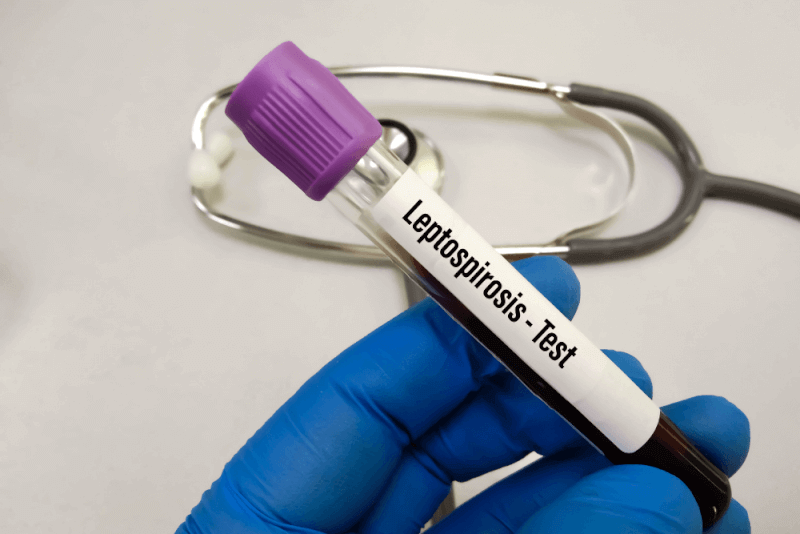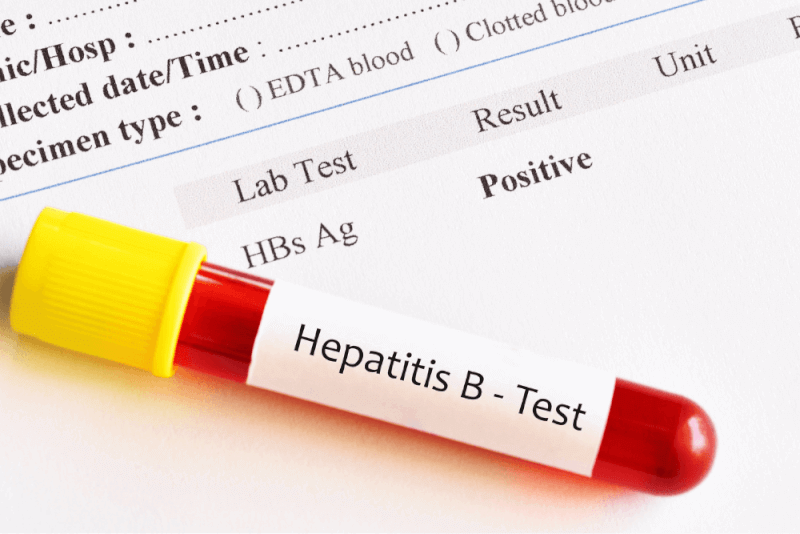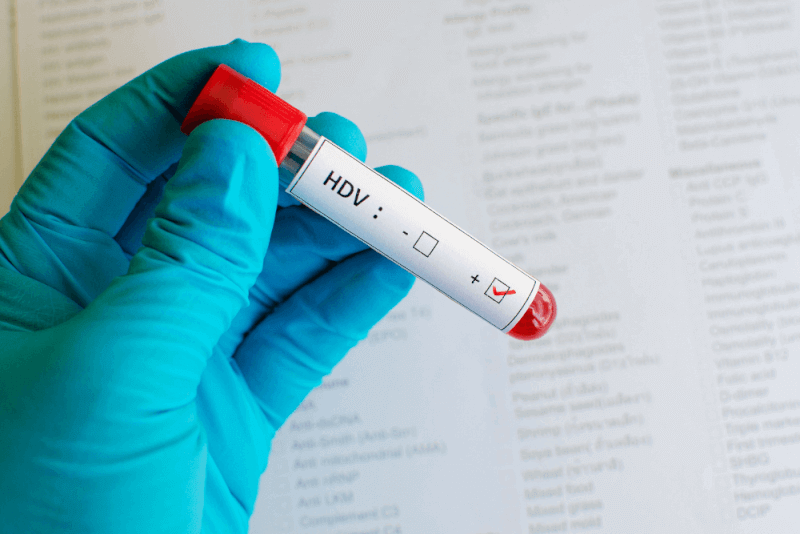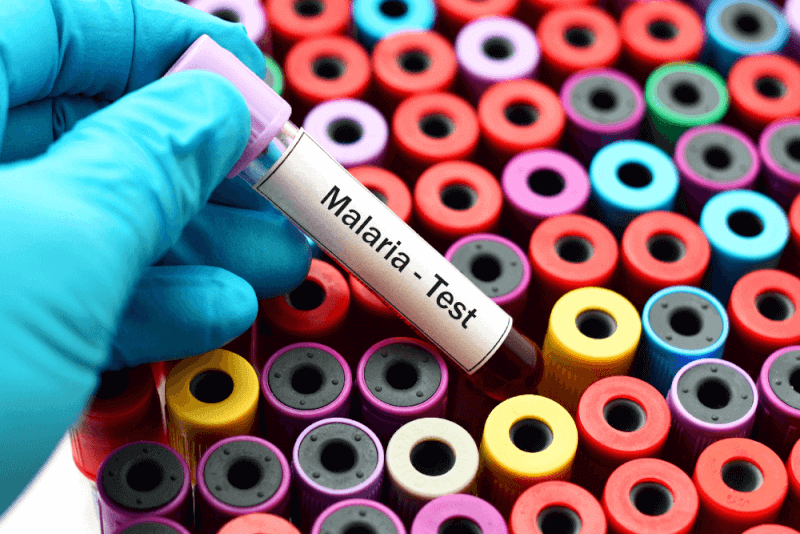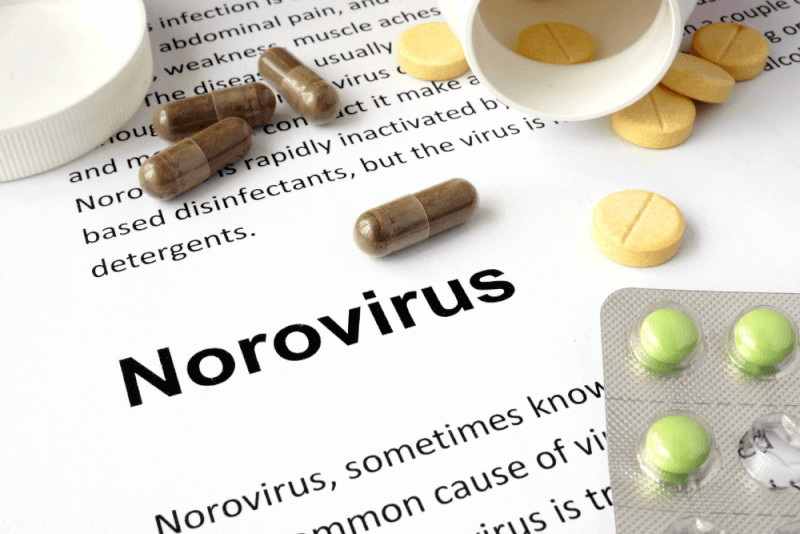What is Leptospirosis?
Leptospirosis, caused by the Leptospira bacteria, is a zoonotic disease. This means it is transmitted from animals to humans. The bacteria enter the body through contact with water or soil contaminated with animal urine that comes into contact with skin wounds. Although rare, leptospirosis can lead to life-threatening Weil's syndrome.
Stages of Leptospirosis
Leptospirosis consists of two stages. Symptoms in both phases can be mild or absent. In some patients, severe symptoms appear in the second stage.
Leptospiremic Phase
Also known as the septicemic phase, this stage causes sudden onset of flu-like symptoms. Symptoms begin on the 14th day after infection and last for 3-10 days. During this stage, bacteria persist in the bloodstream, so blood tests can detect the infection.
Immune Phase
In this stage, bacteria have reached the organs, particularly affecting the kidneys. As a result, the infection is detectable in urine tests. Some patients in this stage may become severely ill due to Weil's syndrome.
Causes of Leptospirosis
Leptospirosis is caused by the Leptospira bacteria. These bacteria enter the body through breaks in the skin, the nose, or the eyes. Once in the body, the bacteria travel through the bloodstream to the kidneys, which increases the risk of transmission through human urine.
Several factors increase the risk of contracting leptospirosis. These risk factors include:
- Living in or traveling to tropical regions
- Living in or traveling to areas with heavy rainfall and warm climates
- Engaging in recreational freshwater activities
- Heavy rainfall and flooding
Symptoms of Leptospirosis
Some patients do not exhibit any symptoms, while others experience flu-like symptoms. In severe cases, internal bleeding and organ damage may occur.
Acute leptospirosis can cause the following symptoms:
- High fever
- Nausea
- Vomiting
- Conjunctival infection
- Abdominal pain
- Headache
- Muscle pain
- Chills
- Diarrhea
- Rash
- Jaundice
In severe cases of the disease, Weil's syndrome can occur. Symptoms in these cases include:
- Bloody cough
- Blood in the urine
- Chest pain
- Black stools
- Difficulty breathing
- Severe yellowing of the skin or eyes
- Flat red spots on the skin that resemble a rash
- Decreased urine output
Transmission of Leptospirosis
Leptospirosis is usually spread through the urine of infected animals. Almost all mammalian animals can become infected with this bacteria. However, very few of these animals show symptoms of the disease.
Outbreaks of leptospirosis are possible during heavy rains and floods. Additionally, the disease can rarely be transmitted from person to person.
Diagnosis of Leptospirosis
The diagnosis of leptospirosis begins with a physical examination. Information is also gathered about the patient's symptoms and travel history. In severe cases, chest X-rays and CT scans may be used. Blood and urine tests can also be conducted to confirm the diagnosis.
Treatment of Leptospirosis
The primary treatment for leptospirosis is antibiotics. In mild cases, no treatment may be needed other than monitoring the symptoms.
In severe cases, hospitalization is required so that antibiotics can be administered intravenously. Additional treatments may be needed for the organs affected by the disease.
Antibiotics
Leptospirosis is treated with various antibiotics. The type of antibiotic prescribed depends on the severity of the disease and the patient's medical history. The antibiotics used in treatment include:
- Doxycycline
- Amoxicillin
- Ampicillin
- Penicillin-G
- Ceftriaxone
Mechanical Ventilation
If the bacteria affect the lungs, patients may experience difficulty breathing. In such cases, they may need to be connected to a special machine to assist with breathing. While connected to the machine, patients are given medications to keep them continuously asleep.
Plasmapheresis
Plasmapheresis, also known as plasma exchange, is applied to patients at risk of organ damage due to the disease. In this process, blood is taken from a vein, separated from its plasma by a special machine, and then the plasma is replaced with a special substance. The blood is then returned to the patient.
Prevention of Leptospirosis
There is no vaccine to prevent leptospirosis. Therefore, it is essential to avoid swimming or walking in water that may contain animal urine. Preventative measures to reduce the risk of the disease include:
- Taking preventative medications before traveling
- Avoiding animals that can cause leptospirosis
- Using protective equipment if living near animals
- Avoiding contact with potentially contaminated water and soil
- Avoiding water sports after floods
- Not swimming in rivers and lakes after floods
- Drinking only purified water
- Wearing gloves when touching dead animals
- Covering open cuts and wounds with waterproof bandages


